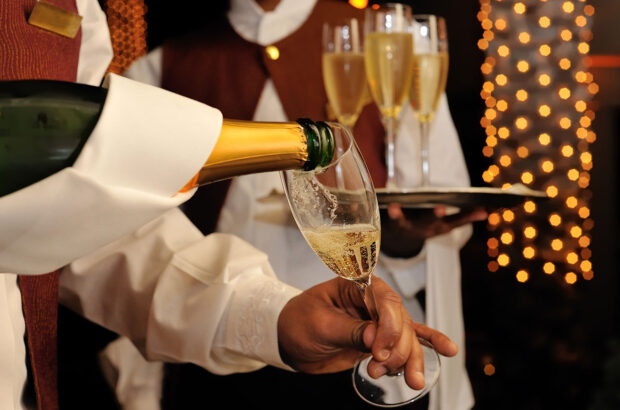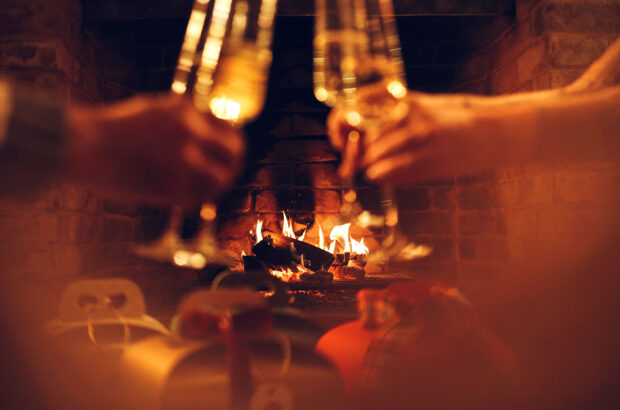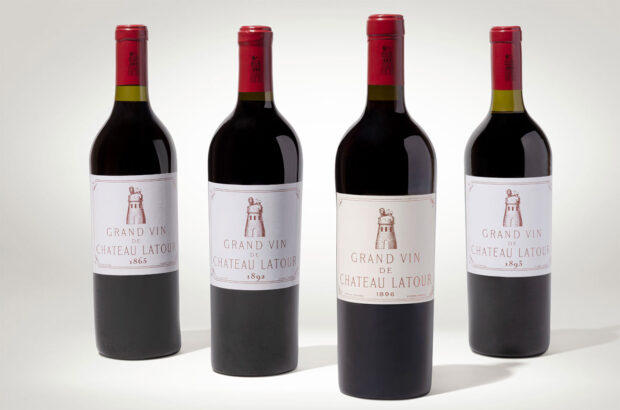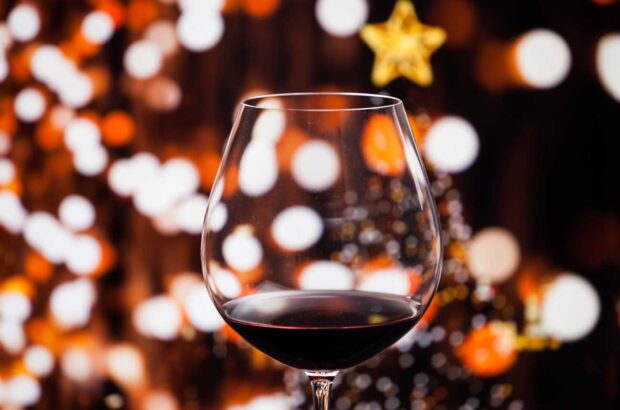The tiny village of Champagne in Switzerland is fighting its better-known French namesake in the European courts in an attempt to protect its name.
An EU treaty which covers the use of the Champagne name both in France and abroad gave the Swiss until June 2004 to stop using the word Champagne on their bottles.
But Swiss winegrowers are claiming that wine has been made in the area since Roman times and that a ban on them using the name would result in losses totalling around 1.1m Swiss Francs (nearly £500,000).
And they are taking their struggle to the European courts with a wave of Swiss national sympathy behind them.
Former mayor of Champagne Albert Banderet told UK newspaper the Observer the two wines have nothing in common. ‘Ours is flat, red or white, and practically only sold in Switzerland.’ He added that the village’s production of 280,000 bottles could not possibly be a threat to the 290m bottles made in Champagne, France.
Previous international rulings limiting appellation names to certain areas and winemaking processes in France were made in order to ‘protect’ French wine from imitation and opportunist producers throughout the world.
The producers in the small Swiss village in the canton of Vaud, on the hills overlooking the lac de Neuchâtel are now fighting to protect their name.
Although the Swiss are unlikely to win their case, the French should bear in mind that Champagne, Vaud is situated close to the castle of Grandson where, in 1476, Frenchman Charles the Bold was soundly beaten by the Swiss confederation army.
Written by Oliver Styles






